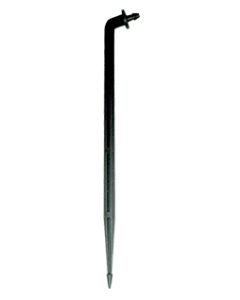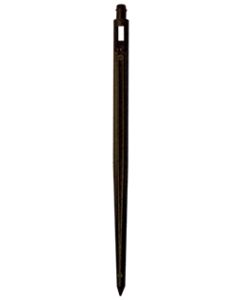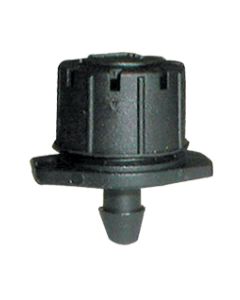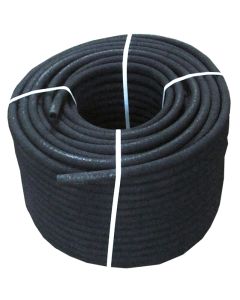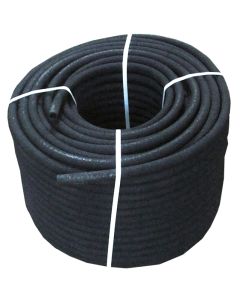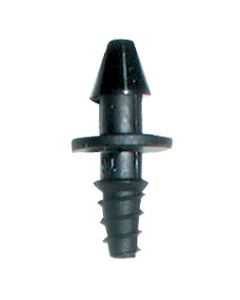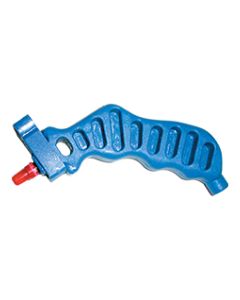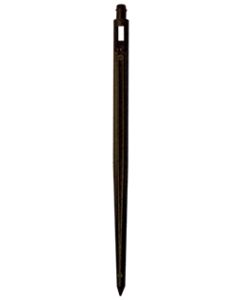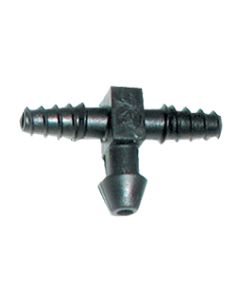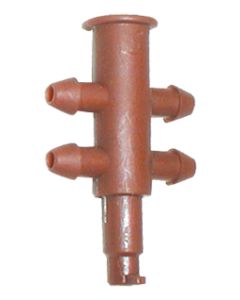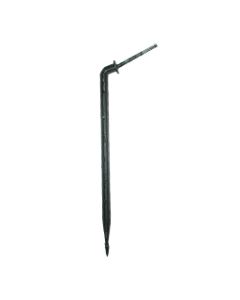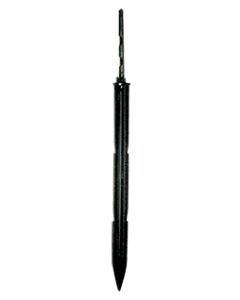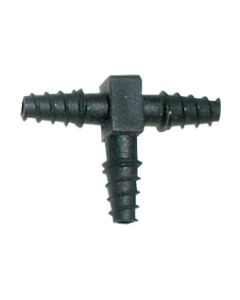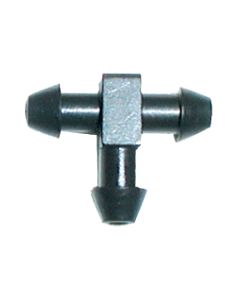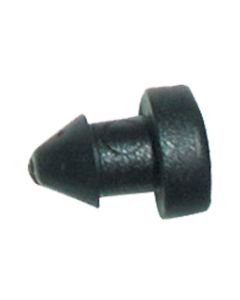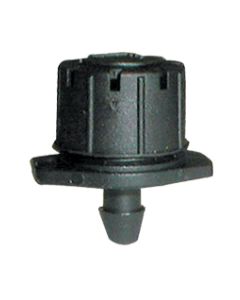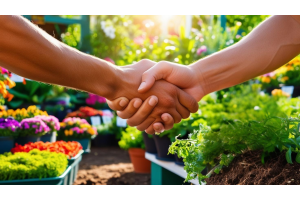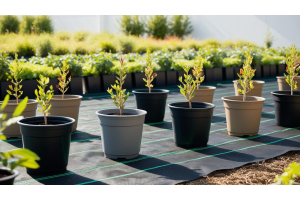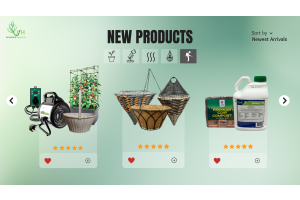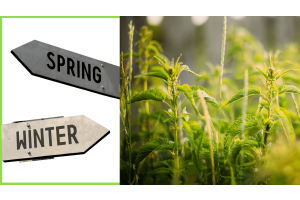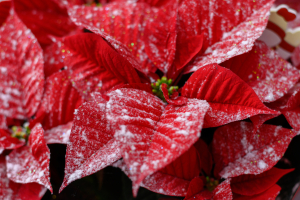Greener Growing
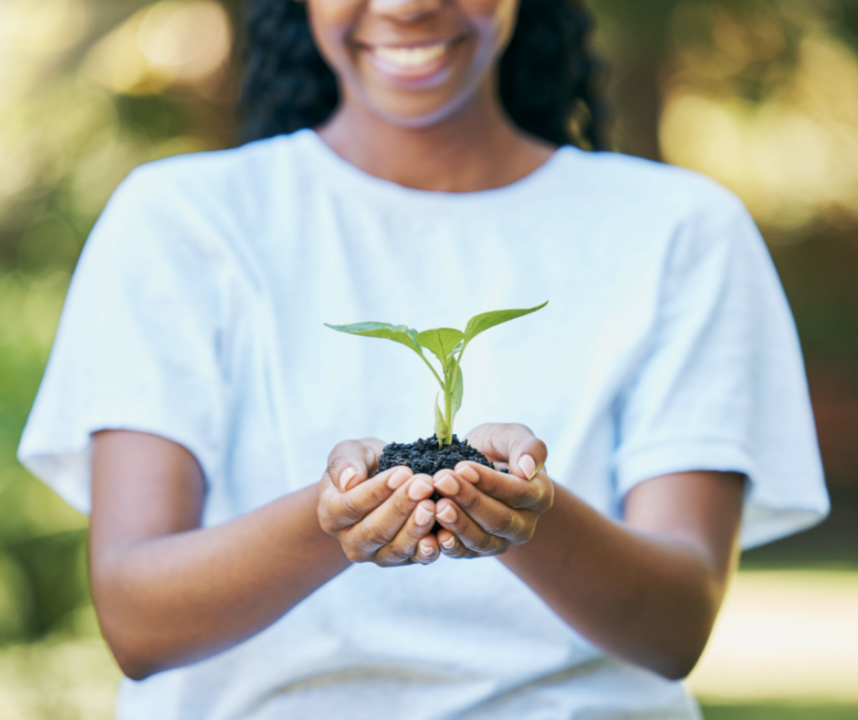
Did you know that gardening sustainably can help perpetuate existence and provide sustenance and nourishment for the environment? The UK’s gardens cover a landmass bigger than the Lake District and Peak District combined, making them a vital space for wildlife in a human-dominated landscape. This year, why not try something new in your garden and make it that little bit greener? Here are our top ten tips on how to ensure your garden is environmentally friendly and horticulture eco-growing friendly.
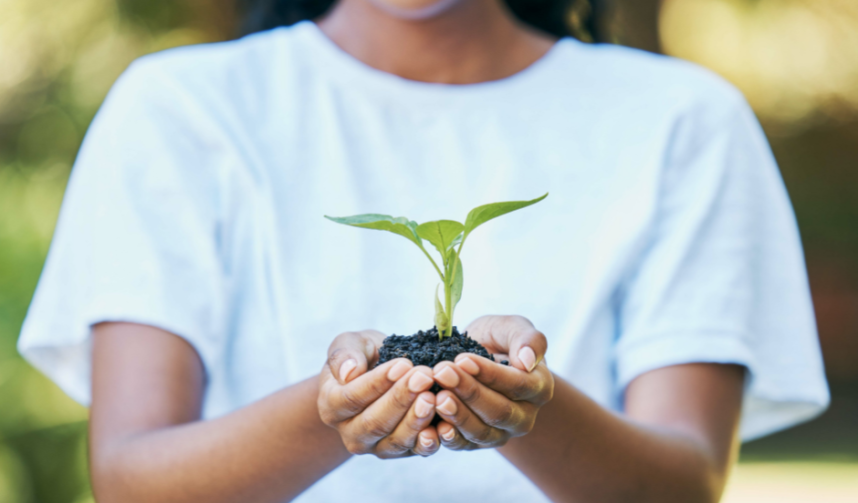

Soil Health
Healthy soils produce healthy plants, which is why soil health is crucial. Healthy soil is full of organisms that turn organic matter and minerals into vital plant nutrients. To improve soil health, you can get your soil tested, reduce the use of fertilizers, and compost. Composting is the single most effective eco-friendly gardening tool. It allows food waste to be recycled into the food system by breaking down animal manure, kitchen scraps, yard waste, and even weeds (if hot enough) to create humus: a deep, rich soil blend full of nutrients that feed plants and maintain healthy soil.
Water Efficiency
Drinking water is a precious resource that is in short supply in many parts of the country. Water conservation is essential, and using non-potable water in irrigation is a great way to conserve. Waterwise garden design can also help you make sure that you’re using water efficiently. Make sure to use mulch to help retain water and reduce the need for watering.
Supporting Birds, Insects, & Other Pollinators
Supporting a natural ecosystem is something that home gardeners can do to combat the loss of plant and animal species. Attracting pollinators, distinguishing beneficial insects from garden pests, and creating wildlife habitats can all help support the natural ecosystem. Planting native plants is also an excellent way to support pollinators and other wildlife. Native plants are adapted to the local climate and soil conditions, require less watering and fertilization than most non-natives, and are inherently sustainable.
Plant Selection
Choosing the right plants for your garden is essential for sustainable horticulture. You want to choose plants that are well-suited to your conditions, and that will require minimal maintenance. Native plants are always a good choice, but you can also choose non-natives that are well-suited to your garden’s conditions. It’s also important to remove invasive species and consider sustainable turf alternatives.
Materials & Tools
Your choice of tools and materials can significantly impact the environment. Gas-powered mowers and power tools can cause noise and air pollution. Hardscaping materials like certain mulch and lumber can also be toxic and harmful to soil and plants, and others, like concrete pavers, are impermeable and contribute to water waste. Choosing environmentally friendly tools and hardscaping materials, reusing and recycling, and finding alternatives to plastic can all help reduce your impact on the environment.
Companion Planting
Companion planting is the practice of inter-planting different plants with known benefits to each other (and avoiding those with adverse interactions). Companion planting allows your garden (and beneficial bugs like ladybugs) to thrive without harsh chemicals or industrial practices. If a plant cannot deter the bad bug, it may attract its nemesis. For example, you can plant marigolds around your garden beds as a deer-deterrent and beneficial insect landing pad.
Natural Fertilizers
Synthetic fertilizers possess the required nutrients in excess, mixed with a laundry list of harmful chemicals. These chemicals slowly leek into your garden and water supply and can cause harm to the environment. Instead, try natural fertilizers that rely purely on plant, animal, and mineral sources for their nutrients. Peat-free compost or homemade compost allows food waste to be recycled into the food system by breaking down animal manure, kitchen scraps, yard waste, and even weeds (if hot enough) to create humus: a deep, rich soil blend full of nutrients that feed plants and maintain healthy soil.
Natural Pest Control
Synthetic pesticides are harmful to the environment and can cause long-term damage to wildlife, bee, bird, and insect populations, and even human health. Instead of synthetic pesticides, opt for more natural solutions, like diatomaceous earth, garlic, eucalyptus oil, cayenne pepper, and citrus oil, to name a few. For non-creepy-crawly pests like birds and deer, use netting to keep them from stealing your soil instead of chemical sprays and soaps.
Mulching & Sustainable Garden Weeding
Mulching is used primarily to retain water and reduce weeds. Using natural mulch (like lawn clippings) that breaks down and feeds the soil is best. Even with heavy mulch, an obnoxious weed will still be attempting to take over. Hand weeding frequently can reduce the overwhelm of the space.
Harvesting & Resowing Techniques
Saving seeds is sustainable horticulture at its core, as it guarantees organic, heirloom seeds for next year without needing to purchase. When plants begin to die at the end of a busy gardening season, the best sustainable gardening practices are to do nothing. Cover your compost-filled beds with a heavy mulch and allow them to rest, break down, and prepare for next year's plans. When next spring rolls around, don't get the jump on tilling your garden too early, as insect larvae are still sleeping there after wintering over in your soil and should remain undisturbed until the soil is warm enough to plant in.
Sustainable gardening combines organic gardening practices with resource conservation. It’s forward-thinking, values ecosystem support, makes as little negative impact on the earth as possible and works with nature instead of against it. Whether your garden is big or small and whatever your experience level, there’s always something you can do to make a difference. By following these ten tips, you can ensure your garden is environmentally friendly and horticulture eco-growing friendly, perpetuating existence as well as providing sustenance and nourishment for the environment.
Call our Sales Team today on 01270 212726 to discuss solutions to any pest problems you may have.

